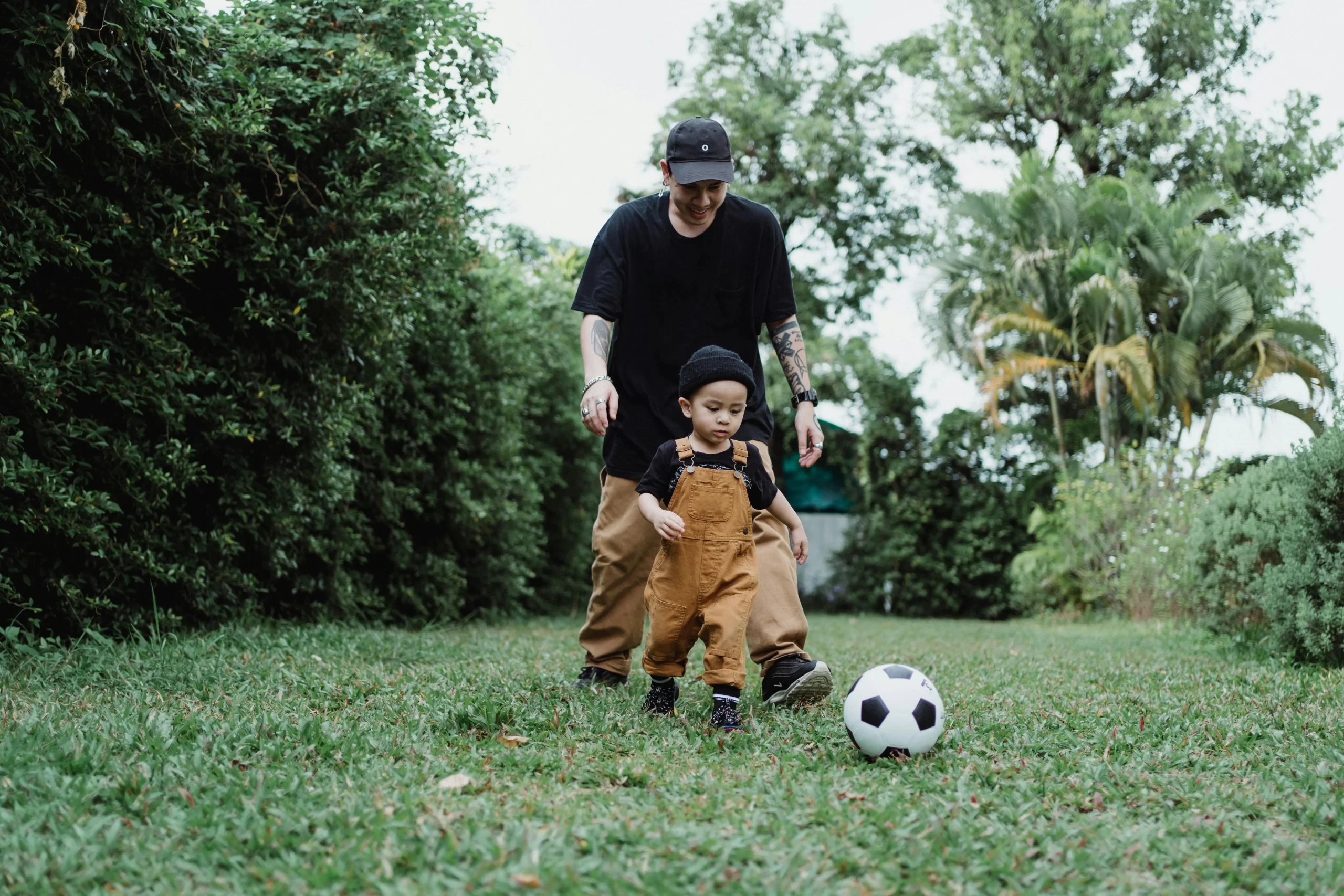How to Manage Expectations from Coaches: Tips for Athletes’ Success
As a parent of an athlete, you instinctively want the best for your child. You cheer from the sidelines, celebrating their victories and comforting them in defeat. However, one area that can often lead to confusion and stress is the relationship between young athletes and their coaches. Coaches play a critical role in shaping an athlete’s experience, but sometimes, their expectations can be unrealistic. This misalignment can lead to increased pressure, anxiety, and a loss of passion for the sport.
Understanding how to effectively manage expectations with coaches can set a foundation for a positive athletic experience. Here, I will break down the issue into manageable parts and provide you with strategies to navigate this sometimes challenging terrain.
1. Recognize the Problem: Differing Expectations
First and foremost, it’s essential to understand that both coaches and parents have their own perspectives and expectations. Coaches often view the competitive aspect of sports through a lens of performance, while parents might focus more on participation, enjoyment, and safety. When these perspectives differ, misunderstandings can arise.
Common Issues:
- Overemphasis on Winning: Coaches may focus heavily on winning, overshadowing the development of personal skills or teamwork.
- Lack of Individual Attention: In team sports, coaches sometimes may not recognize a child’s unique needs or strengths, which can lead to frustration for both the athlete and the parent.
- Unrealistic Training Demands: Intensive training schedules may not take into account the child’s age, experience level, or other commitments like schoolwork.
Understanding these potential issues is the first step in advocating for your child.
2. Open Lines of Communication
Now that you’ve identified potential challenges, it’s time to open the channels of communication.
Steps to Improve Communication:
- Schedule a Meeting: Don’t hesitate to arrange a one-on-one meeting with your child’s coach. This will provide a dedicated space to discuss expectations critically.
- Listen Actively: During your conversation, listen carefully to the coach’s perspective. Understanding their goals can help you find common ground.
- Express Your Concerns: Share insights regarding your child’s feelings and overall well-being. Make sure to highlight their need for a balanced approach to training.
- Discuss Goals Together: Collaborate with the coach to set realistic, achievable goals for your child. This might involve technical skill development, participation in games, or personal bests.
Establishing a respectful dialogue will help both you and the coach understand each other’s viewpoints, paving the way for a supportive environment for your athlete.
3. Advocate for a Balanced Training Approach
You have a right to advocate for what’s best for your child. Coaches can greatly shape an athlete’s experience, but that influence should come with balance.
Strategies to Promote Balance:
- Encourage Diverse Involvement: Encourage your child to participate in various sports or activities rather than focusing solely on one. This variety can reduce pressure and foster a love for movement.
- Monitor Training Loads: Keep track of your child’s training hours and ensure they have sufficient time for recovery, rest, and other activities outside of sports.
- Support Emotional and Social Growth: Remind coaches that winning is not the only goal. Team bonding and emotional support are vital in fostering a positive sports experience.
By promoting a balanced approach, you not only help safeguard your child’s mental health but also enhance their overall enjoyment of the sport.
4. Encourage Resilience and Coping Skills
Young athletes can often feel overwhelmed by pressures from both coaches and parents. Encouraging resilience can help them navigate these stresses.
Tips for Building Resilience:
- Teach Positive Self-Talk: Help your child develop internal dialogues that promote confidence and positivity, especially during challenging times.
- Develop Coping Strategies: Promote techniques like deep breathing or visualization to manage anxiety during competitions.
- Foster a Growth Mindset: Reinforce the idea that mistakes are opportunities for learning, not failures. Encourage your child to view challenges as opportunities for growth rather than as insurmountable pressures.
By instilling these resilience-building techniques, you can empower your child to manage expectations more effectively.
5. Maintain a Supportive Environment
The role you play as a parent is monumental. Maintaining a supportive environment at home will amplify the positive effects of your communication with coaches.
How to Create Support:
- Celebrate Small Wins: No matter how minor, celebrate your child’s achievements, whether they improved their skills, set a personal best, or demonstrated teamwork.
- Encourage Open Dialogue: Foster an environment where your child feels comfortable discussing their experiences with you, whether they’re feeling pressured or enjoying a recent win.
- Participate Together: Engage in sports and physical activities as a family. This involvement can help reinforce a healthy attitude towards athleticism and fitness.
Creating this supportive atmosphere can enrich your child’s overall experience, making sport more enjoyable and less about the pressure of winning.
Conclusion: Take Action Today
Managing expectations between coaches and young athletes is crucial for fostering a positive sporting experience. By recognizing differing expectations, maintaining open lines of communication, advocating for a balanced training approach, encouraging resilience, and providing unwavering support, you can significantly impact your child’s experience in sports.
I invite you to reflect on these strategies and implement them in your child’s athletic journey. Talk to your child, reach out to their coach, and prioritize a healthy balance between enjoyment and performance. Whether it’s through a simple conversation or a well-thought-out meeting with the coach, every action matters. By taking these steps, you’ll not only safeguard your child’s well-being but also help them thrive as an athlete. Your child deserves to enjoy their sport and grow in a positive environment, and you have the power to help make that happen!.




